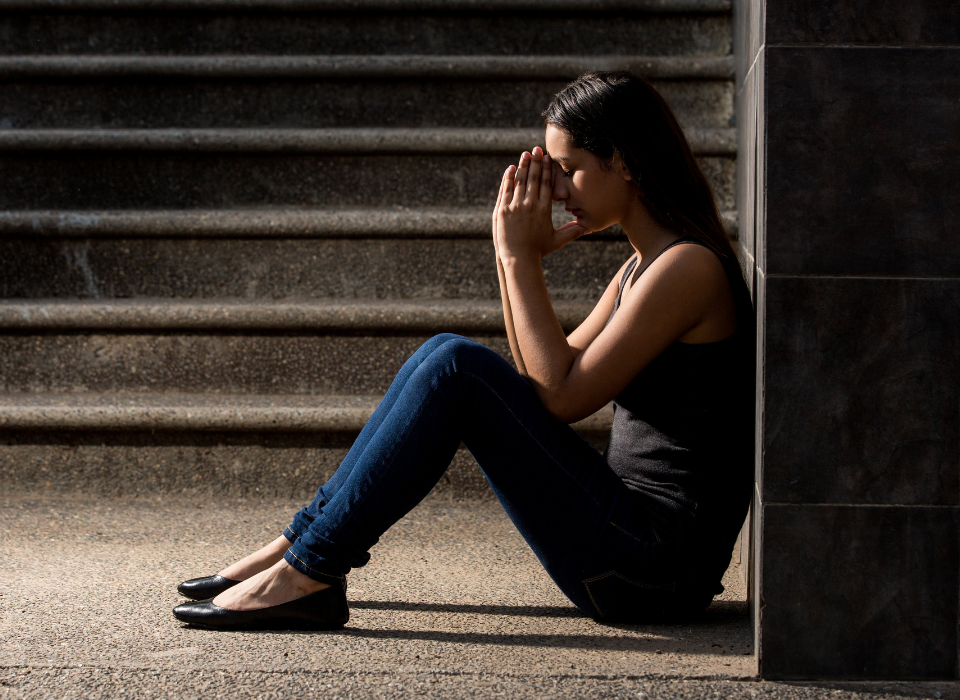
What Body Image Obsession Looks Like: Understanding the Signs and Impact
February 5, 2025
Best Practices for Working Eating Disorder Recovery into Everyday Life
February 19, 2025
The changing seasons bring more than just shifts in weather and daylight hours—they can also profoundly affect mental and physical health. For individuals struggling with eating disorders, these transitions can amplify symptoms in ways that are often misunderstood. The phenomenon highlights how seasonal changes can significantly influence disordered eating behaviors. Below, we explore the connection between the seasons and eating disorders, uncovering key reasons eating disorder symptoms worsen during specific times of the year.
How Seasonal Changes Affect Eating Disorders
Seasonal changes—such as shifts in temperature, daylight, and societal routines—can impact mood, energy levels, and appetite, all of which play a role in eating disorder behaviors. For those with a pre-existing eating disorder, these factors may exacerbate symptoms, creating added challenges.
- Spring and Summer: Longer days, warmer weather, and social activities often heighten pressure to attain or maintain a “summer body.” This pressure can lead to restrictive eating or overexercising, especially for individuals dealing with body image concerns. Those with anorexia, in particular, may experience worsened symptoms during the warmer months as appetite suppression is linked to higher activity levels and heat.
- Autumn and Winter: Shorter days, colder weather, and the onset of holiday seasons can bring their challenges. For some, the emotional triggers of the holidays—such as gatherings centered around food, family conflicts, or feelings of isolation—can cause anxiety, binge eating, or restrictive behaviors. Additionally, the lack of sunlight and reduced physical activity during the colder months can lead to mood dips or seasonal affective disorder (SAD), further complicating the relationship with food.
Anorexia: When Appetite Ebbs With the Weather
Key triggers of anorexia in the warmer months include:
- Warmer Temperatures: Heat can suppress appetite, making it easier for individuals to restrict their food intake.
- Increased Physical Activity: Outdoor activities often increase in spring and summer, leading some individuals to overcompensate by reducing caloric intake.
- Body Image Pressures: Cultural and social emphasis on achieving a specific look for summer can intensify restrictive eating behaviors or overexercising.
Reasons Eating Disorder Symptoms Worsen With Seasonal Changes
Several factors contribute to why eating disorder symptoms may worsen with seasonal transitions. Understanding these reasons why eating disorders worsen can help individuals and their support systems recognize and address triggers.
- Pressure to Conform to Seasonal Norms
Whether fitting into holiday attire, adhering to summer body ideals, or navigating family meals, societal expectations can create immense pressure during certain seasons. This pressure can exacerbate existing insecurities and lead to disordered behaviors. - Mood and Emotional Shifts
Seasonal changes can influence mood due to biological factors like circadian rhythm disruptions, hormonal fluctuations, or vitamin D deficiencies. These mood shifts can act as triggers for emotional eating, restriction, or compulsive exercise. - Changes in Routine
The structure of daily life often changes with the seasons. For instance, summer breaks, holiday vacations, or back-to-school schedules can disrupt established eating and exercise routines, leading to heightened anxiety and disordered habits. - Holiday Challenges
Holidays often center around food, which can be particularly triggering for individuals with eating disorders. Social gatherings, large meals, and comments from others about food or body size can provoke stress and disordered eating behaviors. - Isolation or Loneliness
Winter months, marked by shorter days and colder weather, can lead to feelings of isolation or loneliness. These emotions may drive unhealthy coping mechanisms, such as binge eating or restriction.
Managing Eating Disorders Through Seasonal Transitions
While seasonal challenges can feel overwhelming, there are ways to manage and mitigate their effects on eating disorders. Here are some strategies:
- Seek Professional Support
Therapists and dietitians specializing in eating disorders can provide personalized strategies for navigating seasonal challenges. Cognitive-behavioral therapy (CBT) and exposure therapy can be beneficial. - Build a Strong Support Network
Surround yourself with friends, family, or support groups who understand your struggles and can provide encouragement during difficult seasons. - Focus on Routine
Maintaining consistent routines for meals, movement, and sleep can provide stability during times of change. - Challenge Negative Thoughts
Work on identifying and challenging harmful thought patterns, particularly those related to body image or societal pressures. Journaling or mindfulness practices can aid in this process. - Prepare for Triggers
Anticipate seasonal triggers, such as holidays or warm-weather pressures, and develop strategies to navigate them healthily. This might include setting boundaries at social gatherings or focusing on activities unrelated to appearance or food. - Embrace Seasonal Self-Care
Incorporate activities that bring joy and relaxation into your seasonal routine. Self-care is essential for emotional balance, whether it’s soaking up the sun in summer, enjoying cozy indoor hobbies in winter, or practicing gratitude year-round.
Final Thoughts
Eating disorders are complex and deeply personal, and the changing seasons often add an extra layer of difficulty for those navigating recovery. Understanding how seasonal changes impact disordered eating behaviors can empower individuals to take proactive steps toward health and healing.
Whether struggling with anorexia or other eating disorder patterns, it’s important to remember that help is available. Recognizing the reasons eating disorder symptoms worsen and seeking support can make all the difference in overcoming challenges tied to eating disorders affected by seasons. If you or someone you know is struggling, reaching out to a mental health professional or treatment center can provide the guidance needed to weather any season.
_________________________________________________________________________________
Looking for treatment for an eating disorder, anxiety, depression, trauma, or postpartum mood disorder?
Evolve Counseling Services is a specialized team of Licensed Therapists providing treatment in Paoli



